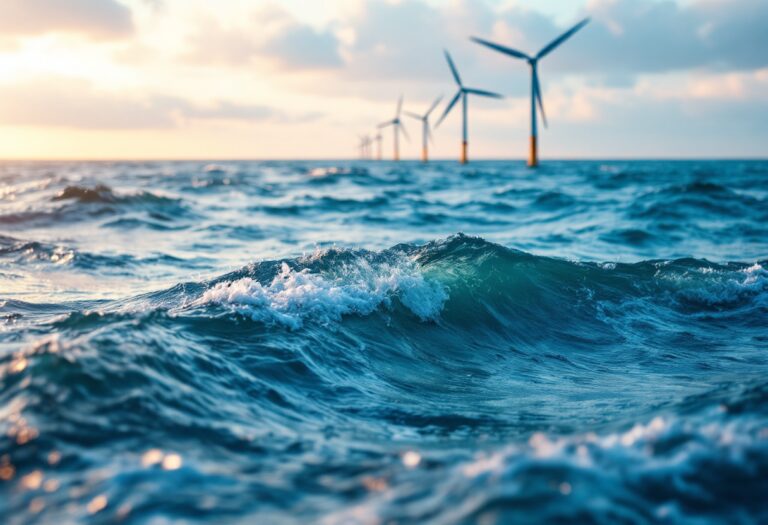Experts urge immediate action to secure the North Sea's economic and environmental future.

Topics covered
The North Sea, once a thriving hub for oil and gas production, is at a critical juncture. A recent report from the North Sea Transition Taskforce emphasizes that the time to act is now, as the opportunity to transform this vital region into a sustainable energy powerhouse is rapidly diminishing.
Experts warn that without swift political action, the North Sea’s potential will fade, taking with it thousands of jobs and invaluable skills.
Urgent call for action on carbon capture
One of the report’s key recommendations is to accelerate efforts in carbon capture technology.
This initiative has garnered support from industry leaders in the north-east, who are advocating for the UK government to approve plans for carbon capture projects near Peterhead. The taskforce argues that maintaining oil and gas production is essential during this transition period, ensuring that the decline of fossil fuels coincides with the rise of renewable energy sources.
Creating a cohesive energy strategy
The report outlines a vision for a cohesive energy strategy that includes simplifying the planning process for new offshore projects and fostering collaboration with neighboring countries to establish a North Sea energy grid. This grid would facilitate energy flow and enhance the region’s capacity to harness renewable resources. Additionally, the taskforce is pushing for incentives to develop green hydrogen, which could play a significant role in the future energy landscape.
Restoring investor confidence
Taskforce leader Philip Rycroft emphasizes the need for government action to restore investor confidence in the North Sea’s future. He calls for a long-term, coherent plan that treats the transition as a national mission. The report has brought together influential figures from various sectors, including Shevaun Haviland, director general of the British Chambers of Commerce, and Professor Paul de Leeuw from the energy transition institute at Robert Gordon University.
Ryan Crighton, policy director at the Aberdeen & Grampian Chamber of Commerce, reinforces that the report is not a nostalgic plea to extend the oil and gas era but rather a call to manage the transition effectively. The goal is to ensure that the decline of fossil fuels is matched by the growth of clean alternatives, preventing any gaps in energy supply.
As the UK government holds the reins on offshore oil and gas licensing, the urgency for decisive action has never been clearer. An energy department spokesperson indicated that steps are already underway for a fair transition, including the launch of Great British Energy, aimed at unlocking significant investments in clean power projects.
In summary, the North Sea Transition Taskforce’s report serves as a wake-up call for political leaders to act decisively. The future of the North Sea as an industrial base and renewable energy hub depends on immediate and coordinated efforts to secure a sustainable and prosperous future.




